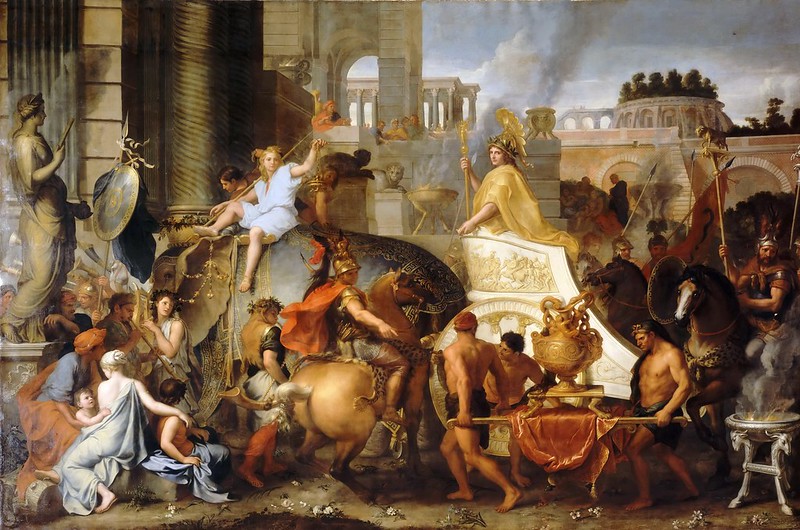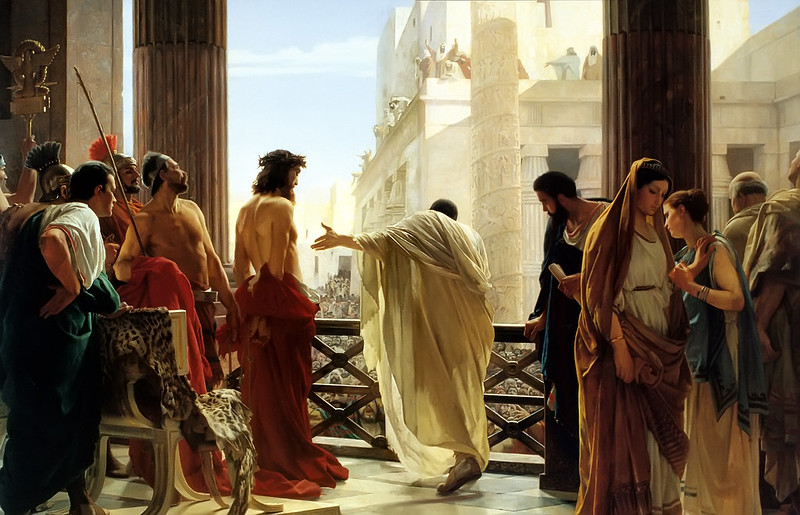Postcards From Babylon

Postcards From Babylon
Brian Zahnd
At the end of Peter’s first epistle — a letter to believers living in the eastern provinces of the Roman Empire — the apostle cryptically says, “She who is in Babylon greets you.” What does Peter mean by that enigmatic phrase? Why does Peter end his letter by referring to some mysterious woman living in the once great but now insignificant city of Babylon? The answer to this question has to do with the long and bloody history of empire and the new kind of empire that had just began to emerge in the world, a new empire in which Peter plays an important role.
In the Hebrew scriptures Babylon is the prophetic icon of empire. Empires are rich and powerful nations that, in their arrogant assumption of a divine right to rule the nations and in their conceited claim of possessing a manifest destiny to shape history, intrude upon the sovereignty of God. Peter sees Rome as the contemporary equivalent to Babylon — the latest economic-military superpower deifying itself and asserting a sovereignty belonging only to God. “She” in “Babylon” is the bride of Christ, the church, the community of those who through faith and baptism have renounced the idolatrous belief that Rome is the savior of the world and that Caesar is Lord, who now boldly confess that it is Jesus who is the world’s true Lord and Savior. This is an audacious claim to say the least! It’s this controversial and dangerous claim that periodically landed Christians in prison and the Coliseum. That is, until the church in the era of Constantine found a way to compromise with the empire and make the convoluted claim that somehow both Christ and Caesar were Lord — one in heaven and the other on earth. Goodbye early Christianity, hello Christendom.
Read more
